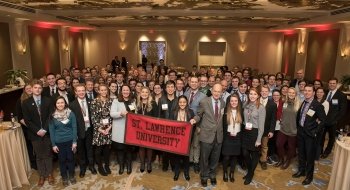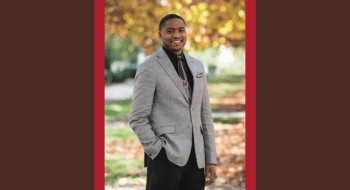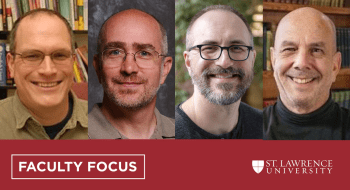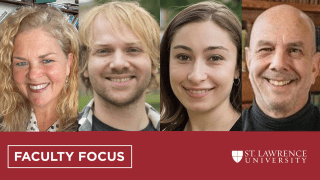
Faculty Focus-June 3, 2025
Faculty members put their knowledge into action so students and others are able to benefit from it. Recently, faculty won prestigious awards, published impactful publications, and gave speeches at cutting-edge conferences.
Robin Rhodes
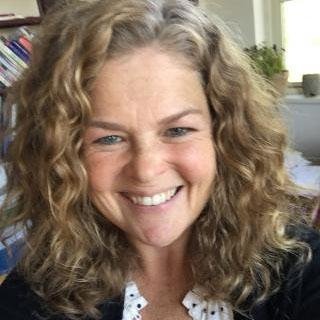
Director of ESOL and Multilingual Student Academic Support in World Languages, Cultures, & Media Robin Rhodes has received a Fulbright U.S. Scholar Program award in sociolinguistics and academic English education to Rwanda for the 2025-2026 academic year from the U.S. Department of State and the Fulbright Foreign Scholarship Board.
Rhodes, in conjunction with colleagues at the University of Rwanda, will be researching the decolonization of English teaching and teacher professional development, complete a sociolinguistic study of the Rwandan language and educational landscape, study the relationship between Rwandan culture and literacy instruction, and develop a secondary writing teaching model for Rwanda and across East Africa.
Fulbright U.S. Scholars are faculty, researchers, administrators, and established professionals teaching or conducting research in affiliation with institutes abroad. Fulbright Scholars engage in cutting-edge research and expand their professional networks, often continuing research collaborations started abroad and laying the groundwork for forging future partnerships between institutions.
Richard Lauer
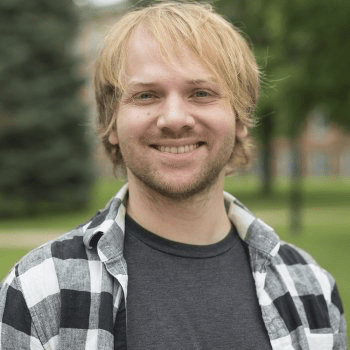
Visiting Assistant Professor of Philosophy Richard Lauer recently attended the 13th Values in Medicine, Science, and Technology conference at the University of Texas, where he presented his article “Testing Instability: Are Races Interactive Kinds?”
The conference was held in memory of Ian Hacking, one of the most prominent philosophers of science in the 20th century, and featured speakers from North America and abroad.
In the paper, Lauer argues that we should not think of races as what Hacking called “interactive kinds.” Interactive kinds are groupings of individuals who react to their being categorized and change their behavior in ways that affect our knowledge of them — it is this reactivity that Hacking thought distinguished natural and social sciences.
Lauer argues that treating races as interactive leads to significant challenges to their deployment in empirical social science.
Sahar Milani
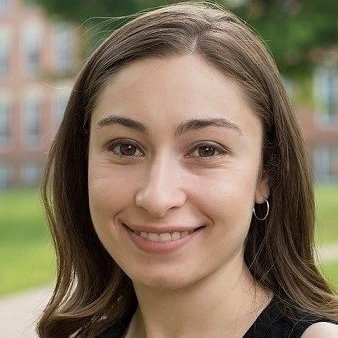
R. Sheldon ’68 and Virginia H. Johnson Associate Professor of Economics Sahar Milani recently published an article with INOMICS, a career website for economists.
In the article, "How to be an effective peer reviewer in economics," Milani offers practical guidance for early career economists on how to approach peer reviewing for academic journals. She emphasizes being thoughtful, fair, and professional with the goal of improving the process for both authors and reviewers.
Howard Eissenstat

Laurentian Associate Professor and Chair of History Howard Eissenstat was recently quoted in the German language press on the possibility of new constitutional changes in Turkey.
Eissenstat argues that the core rationale for Turkey’s proposed Constitutional changes is Erdogan’s desire to continue to rule Turkey for the foreseeable future. For all the rhetorical flourishes around the process, that is what it boils down to, Eissensat says: an effort to stay in power.
Given the limits of his own coalition in Parliament, Eissenstat notes that the only way Erdogan can do that is by reaching out to the Kurds.
Submit News
St. Lawrence’s Faculty Focus is a regular roundup of noteworthy faculty news.

